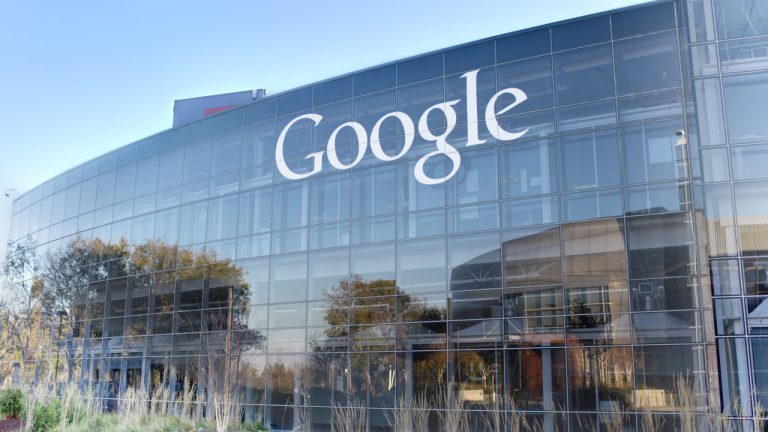
The company reportedly intends to charge a much higher-than-average premium for ad space in its AI-powered search engine.
Artificial intelligence firm Perplexity AI has come under public scrutiny amid its reported plans to place ads in its AI-powered search engine. While many view this as the natural progression for the generative AI industry, at least one analyst has suggested this could lead to the company’s untimely demise.
Perplexity AI’s primary product is a “conversational search engine.” It essentially combines generative AI technology — similar to the tech underpinning OpenAI’s ChatGPT and Anthropic’s Claude — with search engine algorithms similar in concept to those used by Google Search or Microsoft Bing.
Reports recently surfaced indicating that Perplexity AI intends to integrate advertising into its product. According to a pitch deck seen by CNBC, those plans include charging advertisers $50 per every 1,000 impressions — which is measured as “cost per mile,” or CPM.



